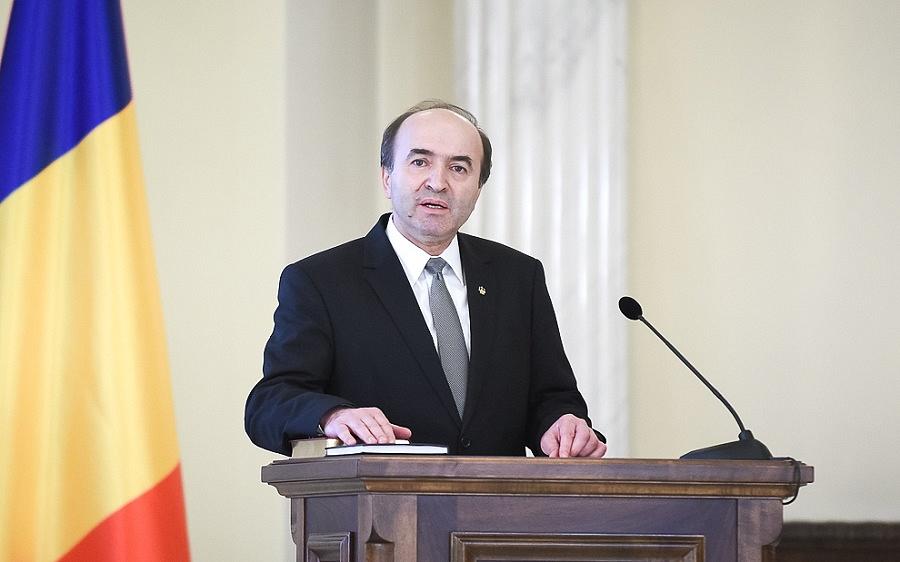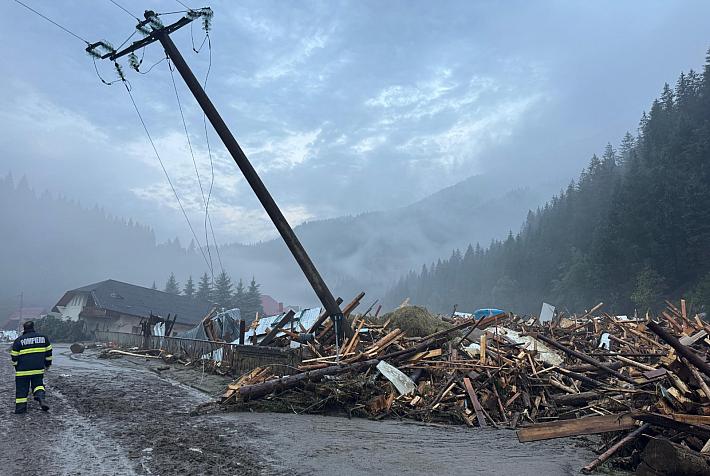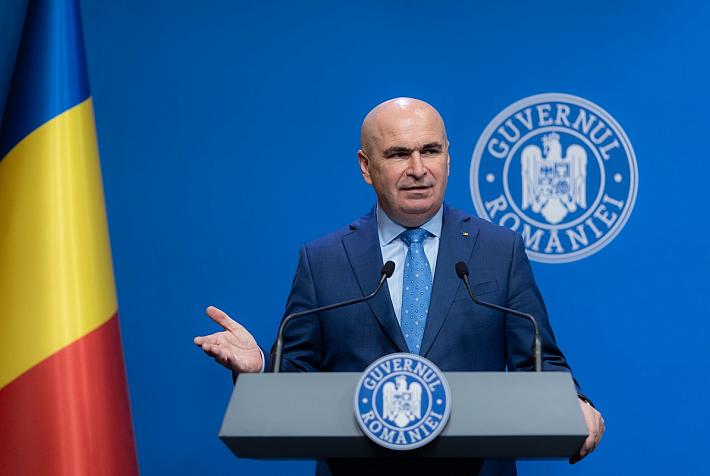Romanian justice minister proposes controversial changes to justice laws

Romanian justice minister Tudorel Toader announced yesterday a series of amendments to the current justice laws, which were deemed controversial by the civil society and the Romanian President.
The General Prosecutor, as well as the heads of the National-Anti Corruption Directorate (DNA) and Directorate for Investigating Organized Crime and Terrorism (DIICOT) will be appointed by the Superior Council of Magistracy (CSM) at the proposal of the justice minister, instead of the country President’s, who will thus be removed from the appointment chain.
Moreover, the chief prosecutors will have a four-year mandate, instead of a three-year term as it is now.
Another significant amendment is the transfer of the Judicial Inspection from CSM to the Justice Ministry. The Judicial Inspection investigates the disciplinary misconduct of magistrates and sends sanction proposals to the CSM. The Government also wants to set up a new direction within the General Prosecution, besides DNA and DIICOT. This will prosecute magistrates suspected of committing crimes.
The candidates to the National Institute of Magistracy (INM) should be at least 30 and should have a five-year experience in the judicial sector, according to the recently announced changes.
Romanian President Klaus Iohannis strongly condemned the amendments to the justice laws saying that they represented an attack on the rule of law and the fight against corruption, taking Romania back a decade. Over 500 people protested in Bucharest last night against these planned changes.
editor@romania-insider.com











